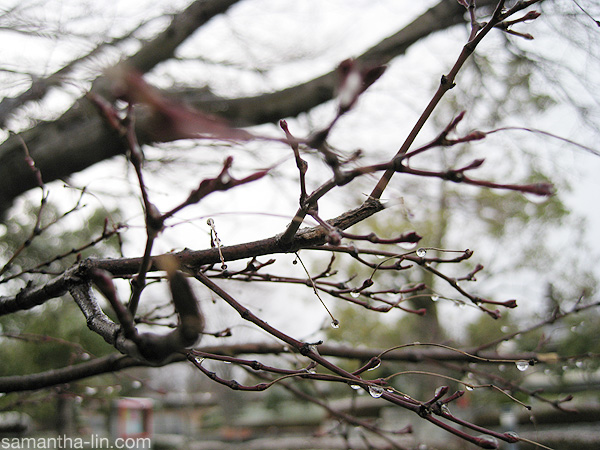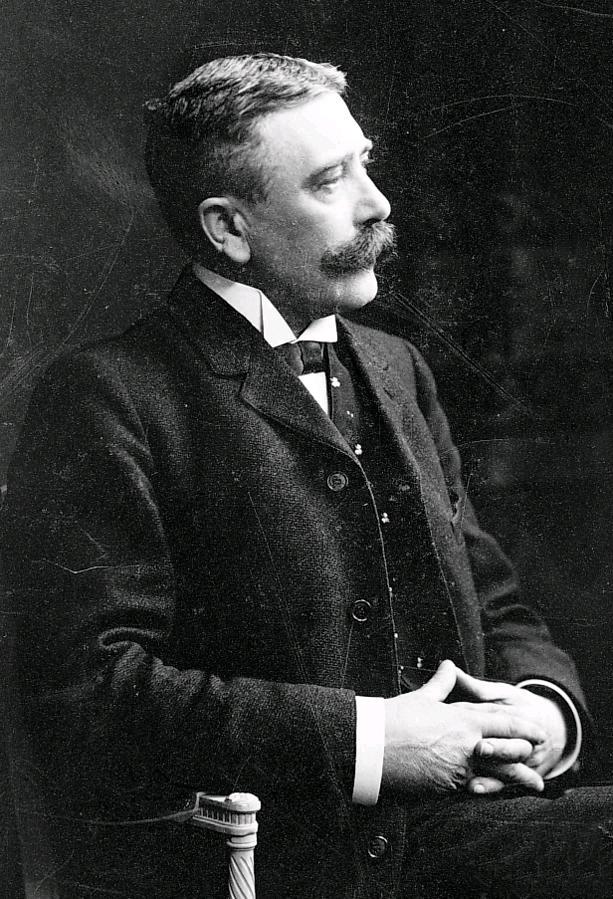
[Wordless Wednesday] 18 April 2012
18 Wednesday Apr 2012
Posted in Wordless Wednesday
18 Wednesday Apr 2012
Posted in Wordless Wednesday
15 Sunday Apr 2012
Posted in Dribs and Drabs
A hundred years ago to this very day, the RMS Titanic struck an iceberg on her maiden voyage from Southampton to New York City and sank in the North Atlantic, taking 1,517 lives with her. Since then, the Titanic has been portrayed numerous times in a variety of media including film, television, and stage, eventually becoming a worldwide phenomenon after James Cameron’s 1997 film. I first saw Titanic as a girl of 10, and what could’ve been three hours of simple entertainment turned into a life-changing experience. And so, on the centennial of the ship’s sinking, I’ve made a list of eight ways in which the Titanic has impacted my life.

11 Wednesday Apr 2012
Posted in Wordless Wednesday
10 Tuesday Apr 2012
Posted in What They Wrote
From Percy Bysshe Shelley’s The Triumph of Life, I. 427-431, his incomplete, final poem. The poem explores notions of life and death, and hope and despair, where ‘life’ is stifling and domineering and its ‘triumph’ is subsequently debilitating. Instead, Shelley advocates ‘dreams’ for their possibilities and connection to the imagination, and in the above lines, he combines this idea with light imagery in order to question our very existence and all the elusive things we seek.
What They Wrote is where I share my favourite literary quotes in image form, seasoned with a sprinkle of commentary. This photo is courtesy of the lovely Pete Swan.
06 Friday Apr 2012
Posted in Dribs and Drabs, Giveaways
I don’t usually make personal announcements here, but these two recent events have filled me with literary excitement that I couldn’t help sharing them!
Titbit #1: One of my short stories, ‘Lily of the Valley’, has been shortlisted for Newcastle University’s International Students’ Short Story Competition! I wrote the short story over the winter holidays and in three separate places: Wolverhampton (England), Horst (The Netherlands), and Leuven (Belgium). My thanks go to my three wonderful betas, Lisa, Maria, and Meghan, without whom my writing would be full of Freudian-slip typos and temporal inconsistencies. I’ve received similar honours for my writing in Australia, but this is my first in the UK and I’m very excited about it!
Titbit #2: My proposal to present an academic paper at the British Society for Eighteenth-Century Studies’ postgraduate conference has recently been accepted! The presenting body consists largely of PhD students while I’m still working on my Master’s, so I am absolutely thrilled about the acceptance! My paper is entitled ‘From Speculations to Pamphlet War: The Influence of Burke on Wollstonecraft and Paine’, and focuses on the British literature of the French Revolution in the 1790s. Not only will this be my inaugural presentation at an academic conference, but it will also be held at the University of Salamanca in Spain! Much excitement is to be had!
And in order to celebrate the harmonious relationship between both my cerebral hemispheres, I’m hosting another postcard giveaway!
04 Wednesday Apr 2012
Posted in Wordless Wednesday
31 Saturday Mar 2012
Posted in What They Wrote

Photo: Pete Swan
From Lord Byron’s Childe Harold’s Pilgrimage, Canto III, l. 287-8. Here, Childe Harold is quite the Byronic hero: intelligent, perceptive, arrogant, but full of sorrow.
What They Wrote is a (new) feature where I share my favourite literary quotes in image form. This photo is courtesy of the lovely Pete Swan.
28 Wednesday Mar 2012
Posted in Wordless Wednesday
26 Monday Mar 2012
Posted in Theoretically Speaking
This is a (long overdue) blog post. This is near the beginning of a (rather short) paragraph. This is a sentence. This is a word: word.
In the above, I’ve listed four things: blog post, paragraph, sentence, and word. These words (perhaps with the exception of ‘blog post’) can be found in dictionaries where the definitions are more or less the same. I think it would also be fair to say that your understanding of those four words are more or less congruent with mine (although you might like your paragraphs to be longer, or shorter, or you might not use paragraphs at all and prefer huge chunks of text that run page after page, in which case you’d remind me a little too much of Joseph Conrad and we may have to cease our friendship). In any case, we all pretty much agree on what the words mean.
But have you ever asked why? Ever wondered how? How is that when I type a word, you will read it and interpret the lines on your screen in the way I intended? How do we gather meaning from a bunch of pixels that have bits of space in between? How do we know if the ‘words’ have any meaning at all? Explain this phenomenon to me, now!
Thankfully, a lovely Swiss fellow (with a lovely moustache) by the name of Ferdinand de Saussure has done all the hard work for us. (Before you go on, you might like to refresh your memory by reading the introduction to literary and critical theory.)

21 Wednesday Mar 2012
Posted in Wordless Wednesday